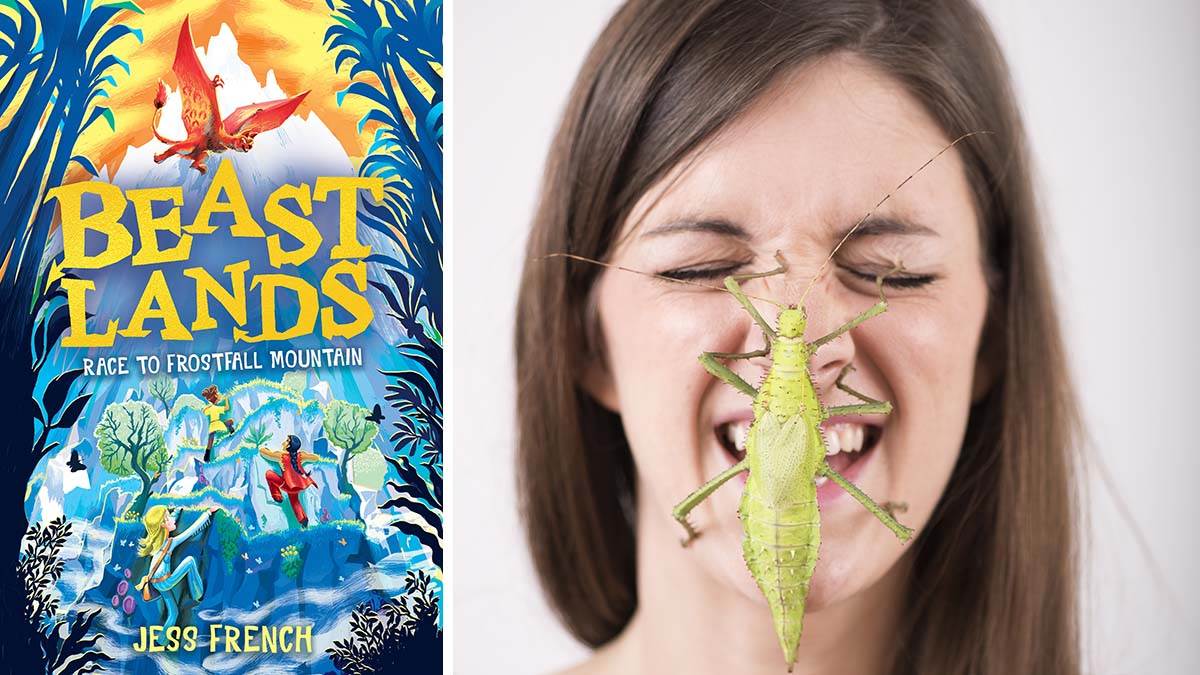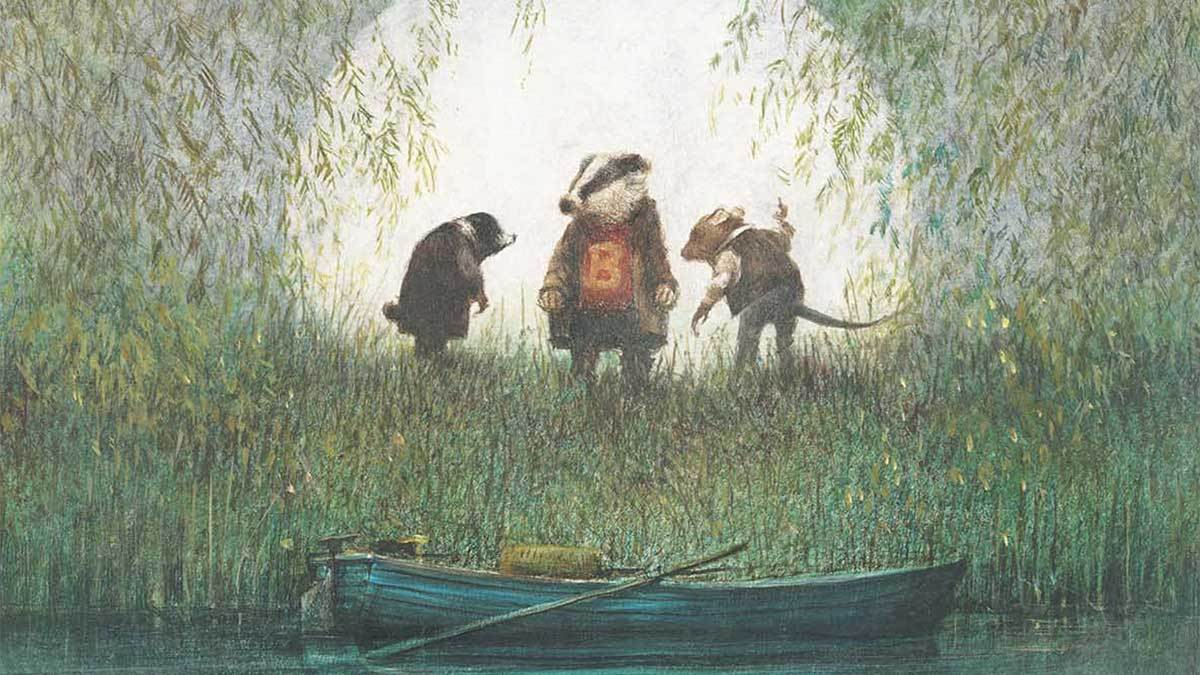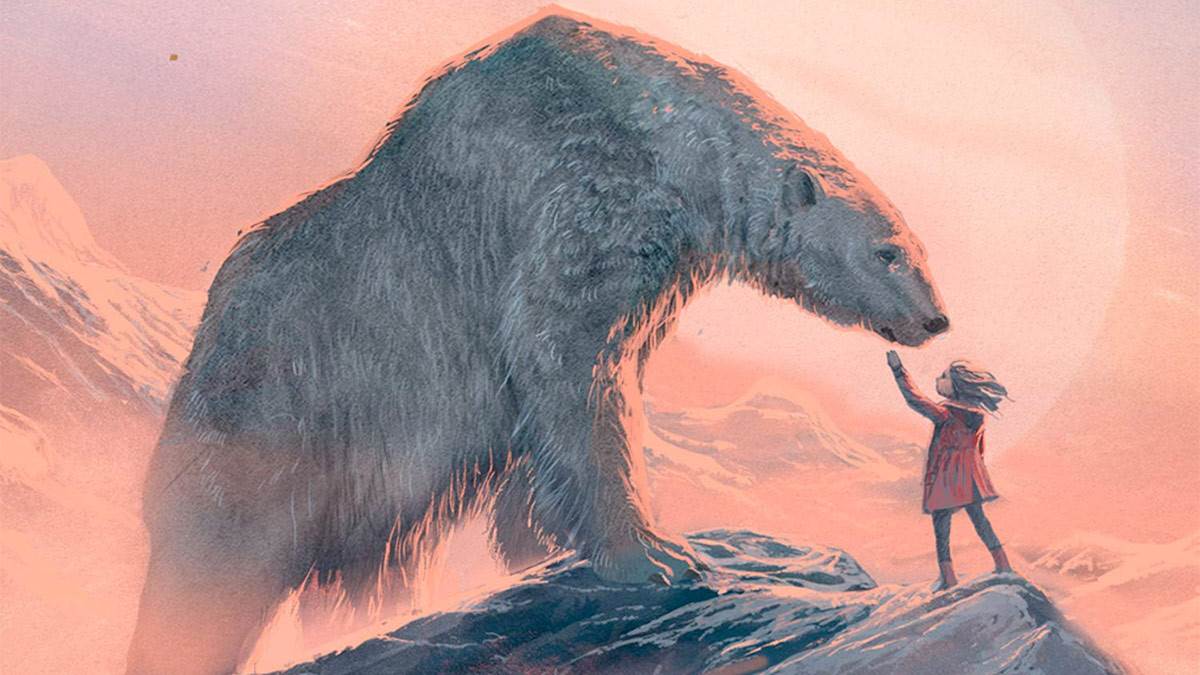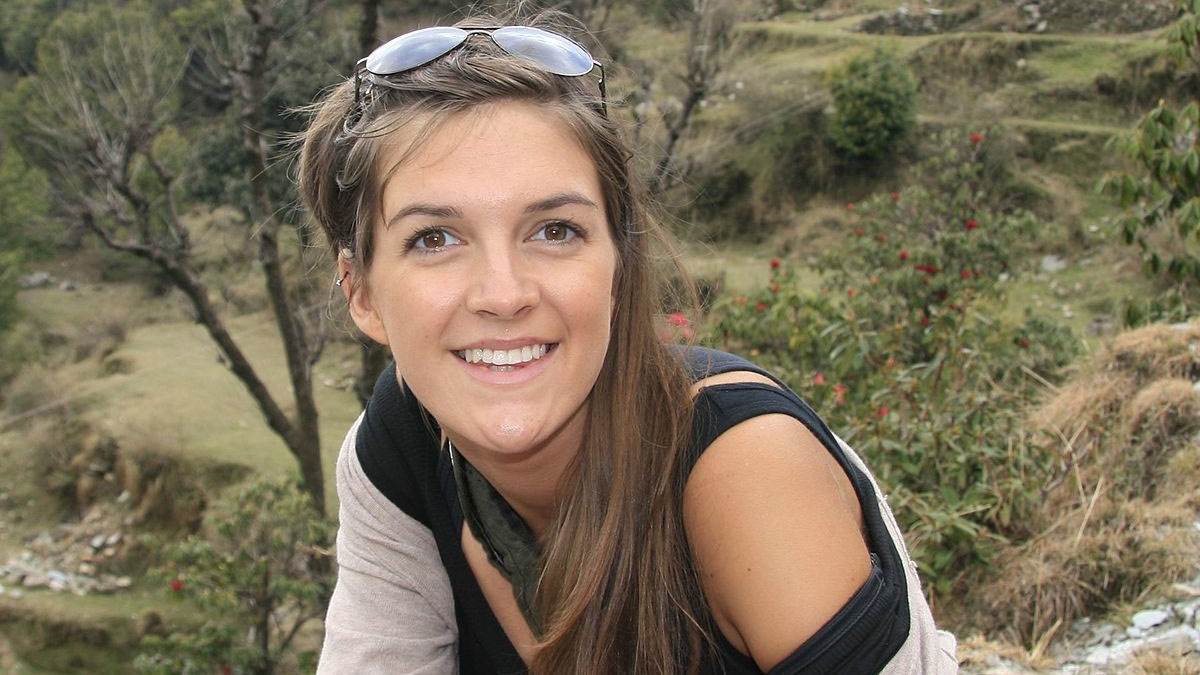Keeping positive: Weaving conservationism into children's fantasy books
Published on: 24 January 2024
At BookTrust, we know how important it is to be positive where possible in children's books. We asked zoologist, BBC presenter and Beastlands author Jess French to share her thoughts on themes of conservation in books.

When I first started writing children's non-fiction about conservation and protecting the planet, I felt like I had a fresh message to share. On school visits my statistics and stories would be met with gasps and alarm. On occasion, I could feel like an eco-superhero, heralding an era of environmental activism.
As time went on and the eco message became more mainstream, with television and radio (traditionally favouring natural history stories that entertained) beginning to beat the conservation drum more regularly, as well as eco messages starting to feature much more heavily in the national curriculum, I noticed a remarkable shift.
The children I met on my book tours were far more aware of the state of the planet than they ever had been before and though they were as motivated to act as ever, there was something else there too - a sadness at the plight of the world and its animals, a resignation that the people with the power to make big changes acted in favour of profits over planet, and an anxiety that they were not doing enough in their own lives to make a difference.
As fantastic as this new widespread awareness was, it became clear that for some young people the responsibility we were placing on their shoulders was beginning to take a toll.
How fantasy provides an escape - and inspiration

Illustration: Robert Ingpen
With two young children at home and the future of their planet looking more uncertain than ever, I found solace in fantasy books, where I could lose myself in imaginary places, forget about the dangers facing our dear Earth, and escape into a place where anything seemed possible.
Suddenly, in these worlds where dragons soared and elves danced, it was once again believable that the actions of a few could indeed change the fate of the world. As well as losing myself in magical other-world fantasies, I also became reacquainted with whimsical fantasies set in the real world, such as The Wind in the Willows – where human-like animals are coming to terms with the environmental changes associated with the industrial revolution.
I didn't purposefully seek out stories where climate change and environmental destruction were themes, but I stumbled across books that expertly wove eco-messages into fantastical stories, giving agency back to their young protagonists and delivering hope and adventure alongside subtle messages about the danger of inaction in the face of environmental threats.
At a safe distance from reality, these stories did not trigger my eco-anxiety; rather, I found myself rooting for the young heroes and heroines on their missions to change the world for people, animals and the environment.
How fiction can unearth joy and wonder in nature

Illustration: Levi Pinfold
From the wintry escapades of Hannah Gold's plucky heroine April (The Last Bear, Finding Bear) and M.G Leonard's fearless Bianca (The Ice Children) through the animal-nattering abilities of Piers Torday's courageous Kester (The Last Wild) and the botanical brilliance of Pari Thomson's Daisy (Greenwild) and Nicola Skinner's Sorrell (Bloom), I began to feel hopeful once more that individuals really do have the power to make a significant change.
In Beastlands: Race to Frostfall Mountain, I explore a world where people have become totally disconnected from their natural surroundings – much like many people in our own world. But the eco-message is subtle in this first instalment, the focus instead on the characters beginning to navigate the world beyond their city walls and learning that the reality of the natural world might be quite different to that which they have always been taught.

It's about unearthing joy and wonder in nature, even when we have been taught that there is none there to be found. Having worked extensively with children and animals, particularly bugs, I have witnessed first hand the excitement and surprise that comes from unlearning that worms, spiders and other creepy crawlies are frightening or disgusting and discovering that they are actually quite fascinating and (in the case of a worm that an enraptured young girl named 'Piglet') even 'cute'.
There will always be a place for non-fiction books about protecting the planet. They are vitally important resources and there are always new facts to share. There will always be new ways to approach these too (I have recently enjoyed the graphic novel format of Drawn to Change the World, curated by Emma Reynolds).
But as part of this arsenal of planet-saving literature, inspirational fantasy with an environmental twist offers an alternative way to bring messages of hope and empowerment to young people who may struggle with the directness of non-fiction or who, like me, sometimes find it easier to swallow the eco-message with a side helping of fantastical beasts.
Beastlands: Race to Frostfall Mountain by Jess French is out now.
Topics: Fantasy, Environment, Nature, Features





